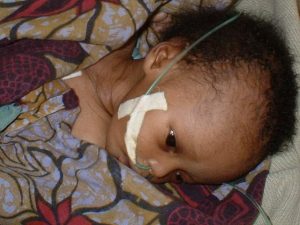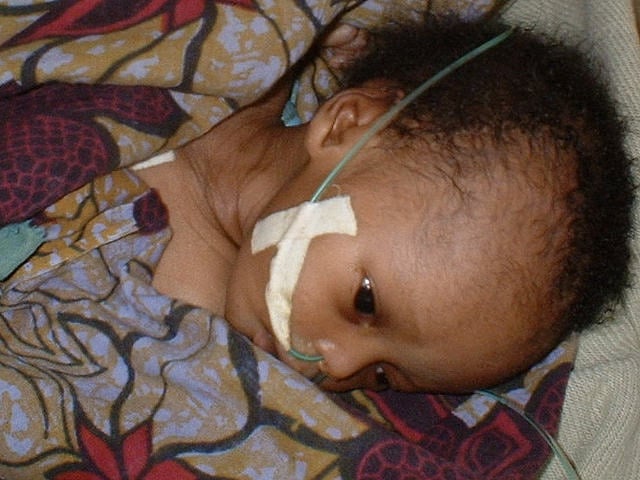
The World Health Organization (WHO) reported in 2015, “Malawi has one of the highest rates of preterm birth rates in the world. Nearly 1 in 5 babies are born before 37 weeks of gestation. Globally, complications of prematurity, such as difficulty in feeding, breathing and regulating body temperature, are the single largest cause of neonatal death. In order to survive, these babies need specialized care and equipment—resources most developing countries do not have.”
In 1990, according to the WHO report, 1 in 4 Malawian children died before the age of five. Today, the rate is 1 in 14.
Combine these two facts and one can see the sad story of families who live with a very real chance their newborns will die in the early hours, days or months after birth. Thus, one can understand the fear of getting too attached to a newborn that may not live. Hence, children were, and in some cases still are, given numbers during those most vulnerable months, or until the age of two when there is some assurance they are past the time of dying.

